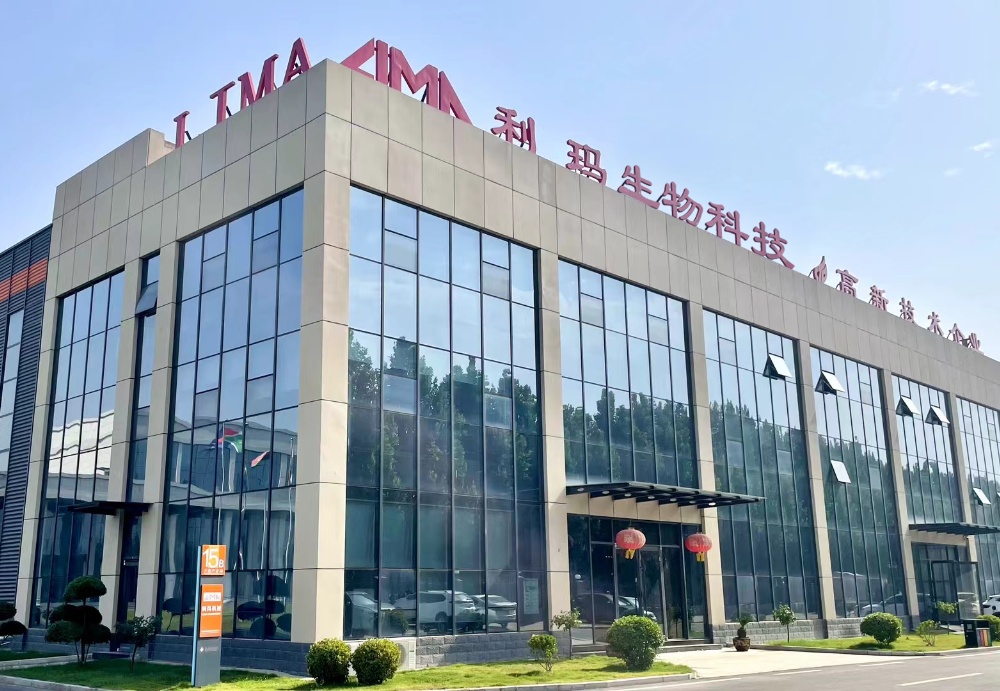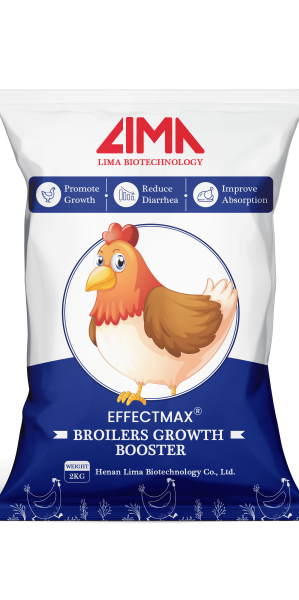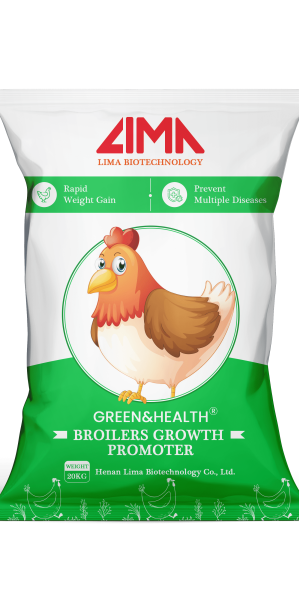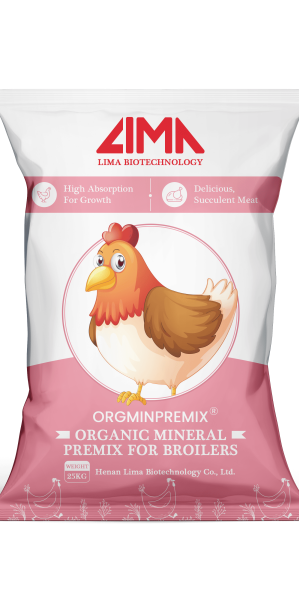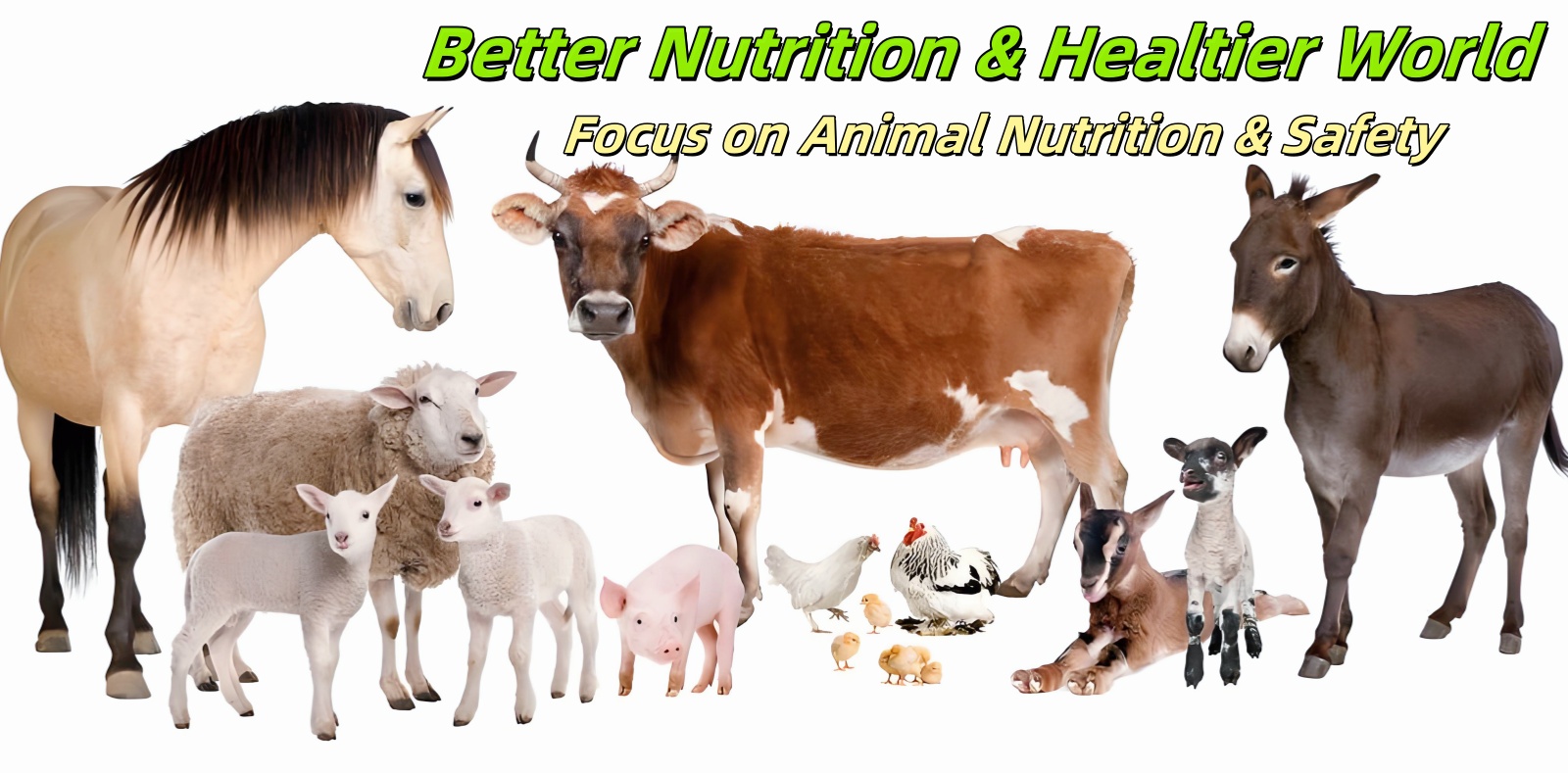In the chicken farming industry, many farmers are worried about their chickens growing too slowly. especially broilers, directly involved in the economic interests of farmers. it is the problem that farmers want to solve most.
“I feed them plenty of food, but they just don't gain weight, what hindered the growth and development of broilers?” in this article, let's discuss it carefully about this problem.
Rearing environment
Good living conditions can make the development and growth of the broilers better. so that all organs can achieve their best running state. at this time, the broilers can have a healthy stomach, good immunity, and a rapid growth rate.
So what kind of environment is a good living condition?
Suitable temperature
Temperature is an important factor in the growth and development of broilers. and it is best controlled at 18℃–25℃.
Temperature is too high or too low, the growth of broiler chickens will be affected. that’s because the temperature will interfere with the endocrine system of broilers. and endocrine disorders will affect the health of the whole chicken body.
In addition to this, the temperature is also easy to cause the stress response of chickens. dehydration, loss of appetite, increased basal metabolism, and other symptoms. no matter whether the symptoms are obvious, it will lead to the slow growth rate of broilers.
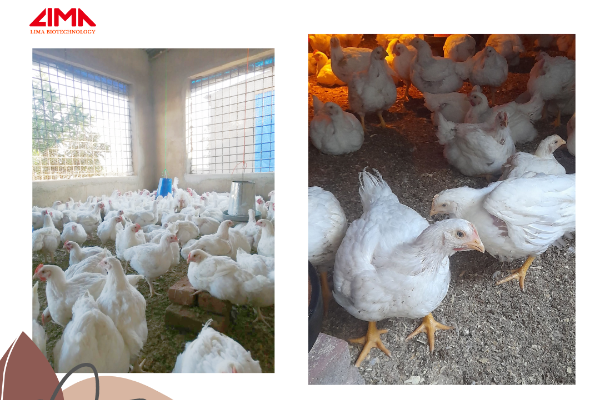
Suitable humidity
The humidity in the chicken house should be maintained at 55%~60%. the growth rate of broilers in this range is the fastest.
High humidity makes it easy to breed bacteria. leading to respiratory diseases, sneezing, breathing difficulties, eyes and face swelling, and other symptoms. even causing the death of chickens.
If the chicken house is too dry, broilers will also lose water in their body. thus affecting their normal physiological function, and resulting in slow development.
Reasonable light time
Keep 15.5-17 hours of light time per day. that can promote the growth and bone development of broilers. increase the feeding activity of broilers, and reduce the stress response.
If the daily light time is not enough or too much. it will reduce the weight of laying hens, and affect the normal growth and development of chickens.
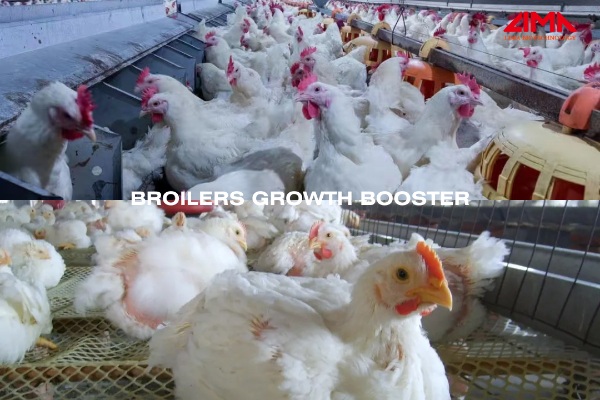
Feeding and management
Feed quality: feed storage environment, feed shelf life, and feed ratio of nutrients are crucial to the growth of chickens. moldy feed can easily cause digestive system disorders in broiler chickens, and affect their health. whether broilers can get enough nutrition depends mainly on feed, so the distribution ratio of the feed is very important.
Feeding method: the feeding time must be fixed, otherwise it will lead to uneven hunger and satiety of broilers. it will not only affect the gastrointestinal health of broilers, but also affect the growth rate of broilers.
Chicken house hygiene: to solve the hygiene of the chicken house, regularly cleaning the chicken house and disinfecting the chicken house is the first measure. that effectively prevents the breeding of bacteria and reduces the chance of broiler disease.
Breeding density: an excessive number of broilers in a certain space can greatly limit their range. and food intake of chickens will be affected, and most importantly, sick chickens will spread faster and wider.
Disease prevention and control: according to the health status of chickens. formulate scientific and reasonable vaccination procedures to improve the immunity of chickens.
Nutritional intake
Whether nutrients can be fully absorbed
Feed is the basis for broiler growth and development. among them, protein, amino acids, and vitamins play an important role, during the rapid growth of broiler chickens.
However, if these nutrients are not fully absorbed by the broilers. the feed cannot meet the necessary daily growth needs of the broilers, so the broilers will grow slowly.
Feed additives contain a variety of compound enzymes. these complex enzymes can decompose the complex components in the feed. promote the digestion and absorption of broilers, and improve the utilization rate of the feed.
The use of compound enzymes can not only save feed, but also ensure sufficient nutrient intake of broilers. in the same growing environment, broilers that ate feed additives, they are 7% heavier than chickens that weren’t fed. from this, it can be seen that feed additives are still very important.
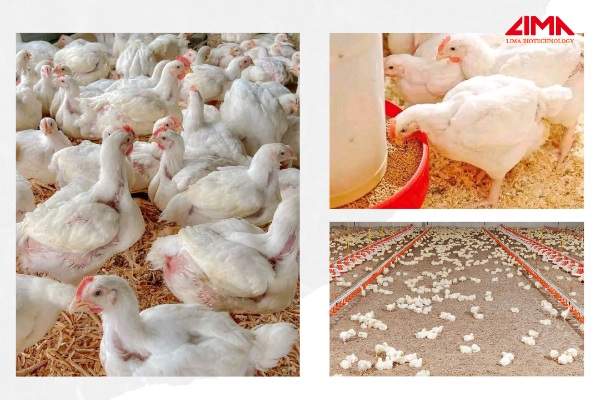
The intake of trace elements
Like humans, animal growth and development also require some trace elements. these elements are unable to be synthesized by broilers themselves, and can only be supplied by the outside world.
Such as calcium, zinc, copper, and so on are rich in feed additives. which can not only improve the growth performance of broilers, but also improve the immunity of the body.
Appropriate amounts of trace elements can regulate the metabolism of broilers, and promote the bone development of broilers.
It can also avoid some diseases caused by the lack of trace elements, such as weak legs, sparse feathers, and other symptoms. so it is very important to ensure a reasonable intake of trace elements.
Summary
there are many factors affecting the slow growth of broilers, and some important points are listed above. of course, the variety of chicken is also a big determinant. For example, Avian broilers can weigh 2 kg in 6 weeks, it is one of the best broiler varieties in the world.
Such as the K9 broiler, an adult rooster can reach more than 10 catties, the hen also has about 8 catties, strong disease resistance, very good to raise.
So if you want to increase the growth rate of broiler chickens, feed, feeding management and environmental factors must be fully taken into account. to effectively improve the growth rate of broilers and then improve the economic benefits.













